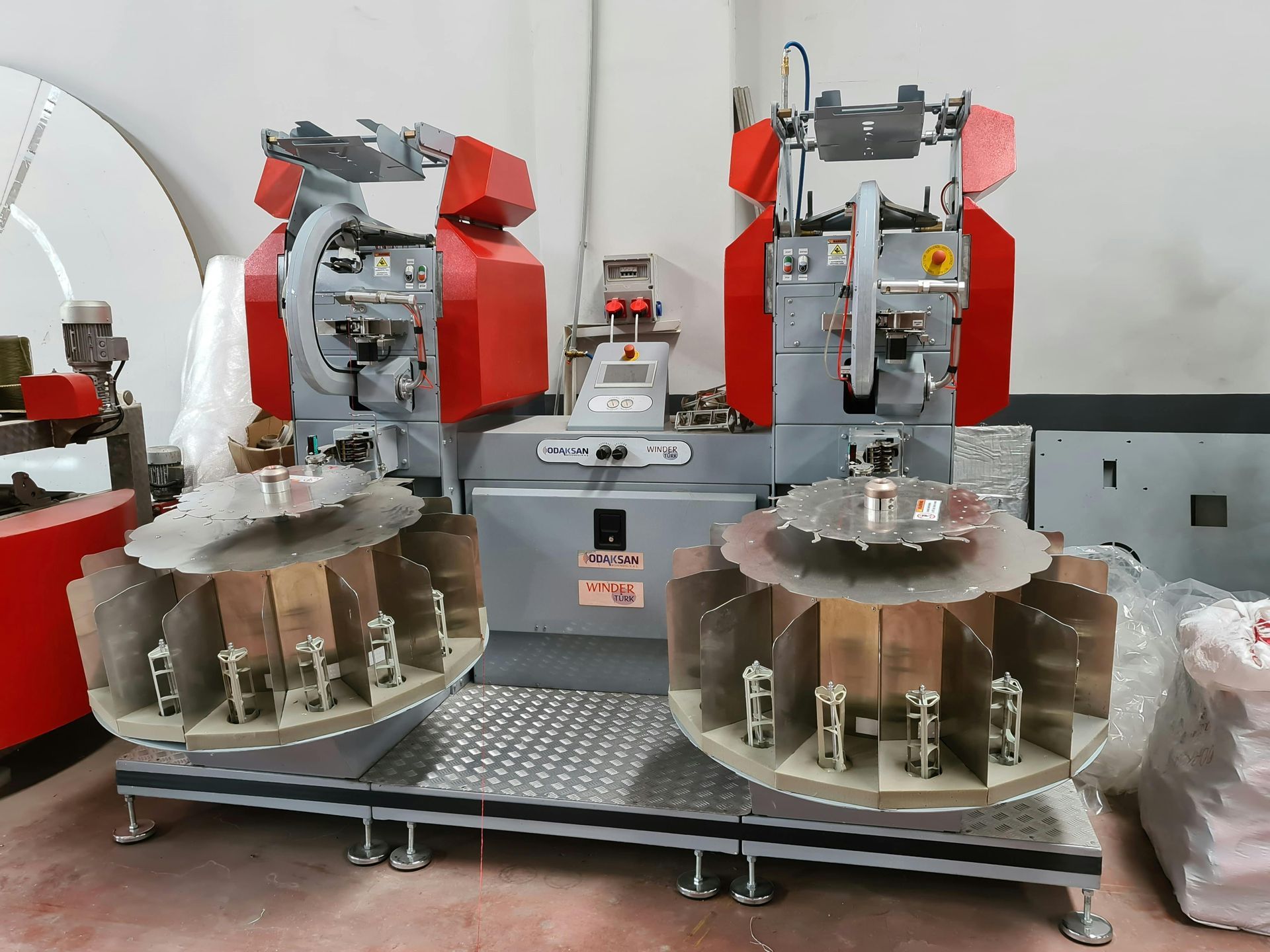Reflections on our Australian accounting history
Clarke McEwan Accountants
Australian accountancy has been a special interest of accounting scholars, not only because of its lively academic influence upon the development of accounting thought, but also for its recognizable differences compared to that of the USA and the UK.
The early growth of the profession was fragmented by state. Australian accountancy was influenced by British accountancy until 1970 and by American since then. Except in Victoria, it was unregulated until the early part of this century. It has also been characterized by some innovative attempts to improve accounting reporting. Therefore, Australian accountancy has been a world leader in accounting theory contributions, particularly since the 1960s.
During the first forty years of European settlement in this continent, there was no legal currency; therefore, barter transactions were dominant. In the barter economy, accountancy took a role to make such transactions easier by "using money as a unit of account even if money is not available as a means of payment". Even so, according to a survey published in 1953 no instance was found of a set of double-entry records among the accounting records of this period.
The development of corporate accountancy in Australia passed through a number of phases such as the introduction of minimum standards of disclosure, the extension of statutory requirements, and the challenging problem of accounting measurement. Then in the 1880s, the "Land Boom Case" played an important role in the regulation of company financial reporting in Victoria. Meanwhile, in New South Wales, disclosure requirements for banks and mining companies had the major influence as corporate disclosure was, until then, substantially unregulated. For further reading, see Accounting in Australia - Historical Essays *.
One of Australia's earliest accountants remains one of the country's greatest historical figures. John Macarthur arrived in Sydney in 1790, a military officer determined to prosper in the new colony.
Macarthur and his wife Elizabeth are famous for introducing merino sheep to Australia and he is cited as the father of the Australian wool industry, but it was Macarthur's accounting skills that set him on his way. As one of the few people who knew how to prepare a statement of account, he gained insights into trends and the growth of commerce in the new colony.



Another notable Australian accountant is Edwin Flack. He was the first Australian to compete and win at the 1896 Athens Olympics. He was an accountant who was working for PriceWaterhouse.
Sir Arthur Fadden was the Prime Minister of Australia for only a short stint (29 August to 7 October 1941), but he was first a successful accountant with offices in Brisbane and Townsville for more than a decade before being elected to local office. After The Lodge however, his political career did continue in various capacities, as well as his accounting skills. Fadden was also Treasurer twice in a span of 20 years.

*some content adapted from a review by H. Manao of Accounting In Australia - Historical Essays
Happy Australia Day from Clarke McEwan
#australiaday #clarkemcewan #australianaccountants







